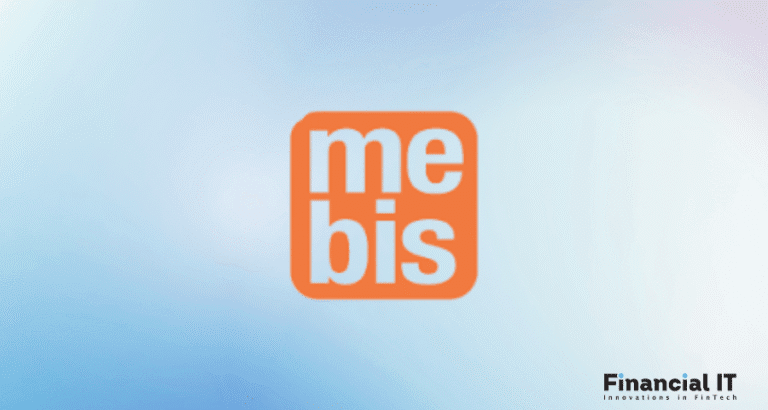The MEBIS 2025 Summit Concludes with a Focus on AI, Open Finance, and Enhanced Customer Experience

The 16th Annual Summit of Banking Innovation in the Middle East (MEBIS 2025) recently concluded at the Emirates of Jumeirah. Over two days, industry leaders engaged in impactful discussions, case studies, and panel sessions. The conversations on the second day delved deeply into vital topics such as cybersecurity, generative AI, open finance, and innovative approaches centered around customer experience. The summit’s concluding message was clear: banking transformation is happening now, and how institutions choose to execute this change will determine their future success.
Opening the second day, Olivier Busolini, Director of Information Security at Mashreq Group, delivered a compelling talk titled “Rélé de la Ciso Restarted.” He emphasized the evolving role of the Chief Information Security Officer (CISO) from a mere tutor to a strategic leader, highlighting their critical role in fostering resilience, trust, and innovation within the banking sector.
During the session “Data Analytics and Generative AI: Shaping Decision-Making and Commercial Intelligence,” Dongjun (DJ) Choi from Rakbank illustrated how generative AI, when combined with advanced analytics, empowers banks to predict trends, personalize services, and facilitate smarter decision-making. However, this innovation also raises important considerations regarding governance and the ethical use of technology.
Ben Gamble from Ververica showcased “Future Financing: Practical AI Applications in Banking Technology,” demonstrating how harnessing streaming data and AI technologies enables real-time fraud detection, adaptive risk modeling, and highly personalized customer experiences.
The cultural aspects of technology adoption were discussed in a case study by Sarah Al Zaabi of the Kuwait Credit Information Network (Cinet). Her presentation, titled “Aligning Company Culture with Data Processing,” highlighted how technology adoption is futile without an accompanying shift in mindset, values, and employee preparation.
A high-energy panel titled “Redefining Banking Services in the Digital Age: Insights from the Malta Transformation Course” offered a global outlook. It provided insights on how financial institutions in Malta have leveraged regulations, digital infrastructure, and innovation partnerships to enhance customer engagement and competitiveness.
Following this, a panel on “Open Finance: Unlocking Innovation with Real-World Use Cases” examined the role of open APIs and data sharing in driving new services across sectors like insurance, pensions, and investments. Speakers also discussed the collaboration between regulators and banks to foster customer confidence and ensure data security within open ecosystems.
The discussions continued with “Establishing a Data-Centric Culture in Banks: Transforming Information into Action,” which underscored how effective governance and integrated workflows can turn underutilized data into robust engines for growth and agility.
Concluding the program, the session “Empowering the Next Generation of Bankers through Technology” addressed the transformative impact of AI, mobile platforms, and automation on the banking profession and customer expectations. The key takeaway was that banks must deliver transparent, personalized, and intuitive experiences to thrive in a competitive digital landscape.
Shail Bisht, regional director at Expotrade, the organizer of MEBIS 2025, remarked, “MEBIS 2025 has shown us that the future of banking is no longer a distant vision; it is unfolding right before us. In just two days, we witnessed banks embracing AI while strengthening trust and aligning their technology with customer needs.”
As the summit concluded, delegates departed with actionable insights, enriched connections, and a renewed focus on building resilient, customer-centric financial institutions. The dialogues initiated during MEBIS 2025 are expected to resonate throughout conference rooms and strategic discussions as banks in the Middle East gear up to not just adapt to change but to lead it.

